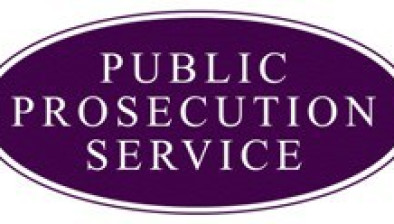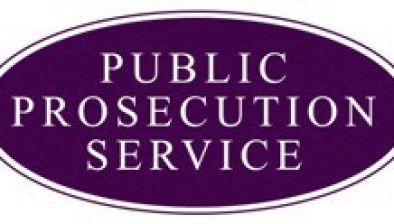NI: PPS launches consultation on prosecution of young offenders

The Public Prosecution Service for Northern Ireland (PPS) has launched a consultation seeking the views of the public on its new guidelines for the prosecution of young offenders.
The new policy document provides information on the general principles, commitments and associated work practices the PPS applies in cases in which a young person has been accused of a crime. It also outlines the standards of service expected from the PPS.
The PPS hosted a launch event with various youth-focused statutory agencies and groups at its Belfast offices on Wednesday, where attendees had the opportunity to hear about the guidelines in more detail and to take part in round table discussions.
Marianne O’Kane, senior assistant director of the PPS, said: “The Public Prosecution Service is committed to ensuring that the special considerations which apply to cases involving a young offender are enshrined in our working practices.
“This consultation will capture the views of those who will be directly impacted by our new policy, and we warmly welcome all the useful feedback and observations from those who attended today’s event.
“I would encourage as many people as possible to read the consultation document and share their views on this important policy.”
The consultation, including a short survey, is now live on the NI Direct Citizen Space consultation hub.
Denise Farrelly, of the PPS’s policy and information unit, said: “I am delighted to help launch this important consultation. The policy sets out how the PPS will handle such cases, with specific chapters on the principles guiding prosecution decisions, the PPS youth prosecution team and the use of diversions. The policy also sets out how the PPS will manage cases involving offending in children’s homes, and sexual offences committed by young people.”
Representatives from various organisations including the PSNI, NSPCC and the Youth Justice Agency were also addressed by keynote speaker and psychologist Dr Mary Magee, who gave her insight into some of the complex background issues in cases involving young offenders.










